Marine Ichthyology Summer Course Summary
Marine Ichthyology Summer Course Summary
The two-week “Marine Ichthyology” summer course, held at the Prof. Krzysztof Skóra Marine Station in Hel, offered an intensive educational programme combining expert lectures, hands-on fieldwork and advanced laboratory analyses.
Eighteen participants engaged in fourteen consecutive days of training focused on fish biology, population monitoring methods and the ecological challenges facing the Baltic Sea.
Lectures during the “Marine Ichthyology Summer Course” were conducted by a team of specialists affiliated with the University of Gdańsk, Nicolaus Copernicus University, various research institutions and the maritime sector. The experts represented diverse research areas related to ichthyology, environmental protection, fishing techniques and natural-environment documentation, providing participants with comprehensive and interdisciplinary training.
The curriculum included more than 250 hours of activities covering fishing techniques, key conservation issues in the Baltic Sea, coastal fish fauna, behavioural experiments and the fundamentals of species identification and ageing based on anatomical structures.
Participants also developed skills in telemetry, fisheries data analysis, and photographic and video documentation, learning to use modern tools for collecting and interpreting research data.
Field sessions formed a central part of the course. Students worked directly with a range of fishing and research gear, including fyke nets, sector nets and coastal trawls, gaining insight into their scientific applications.
A full-day research cruise aboard the vessel “Oceanograf” provided an exceptional opportunity to experience professional marine fieldwork, collect biological samples from open waters and document environmental conditions using specialised equipment. The material collected during the cruise became the basis for later laboratory work and group research reports.
During the second week, participants focused on analysing the gathered data, preparing results and presenting their findings during the final summary session. This process strengthened their analytical competencies, teamwork skills and ability to communicate scientific outcomes.
The course was widely promoted through social media posts, which reached several thousand viewers and helped raise public awareness of sustainable fisheries, marine conservation and the importance of scientific monitoring.
Tourists visiting Hel also had the opportunity to observe selected field activities, extending the educational impact beyond the core group of participants.
Completion of the course offers valuable experience for students pursuing careers in marine science, environmental protection and fisheries management. By integrating theory, practice and science communication, the programme contributes to shaping ecological awareness and supporting responsible stewardship of Baltic Sea resources.
The coordination of the project activity, which involved organizing the Marine Ichthyology Summer Course, was carried out by Bartłomiej Arciszewski and Justyna Kąpa from the Prof. Krzysztof Skóra Marine Station in Hel.
The implementation of this activity within the project “Bay of Knowledge – developing ecological competencies in society through education” was made possible thanks to funding from the Provincial Fund for Environmental Protection and Water Management in Gdańsk.
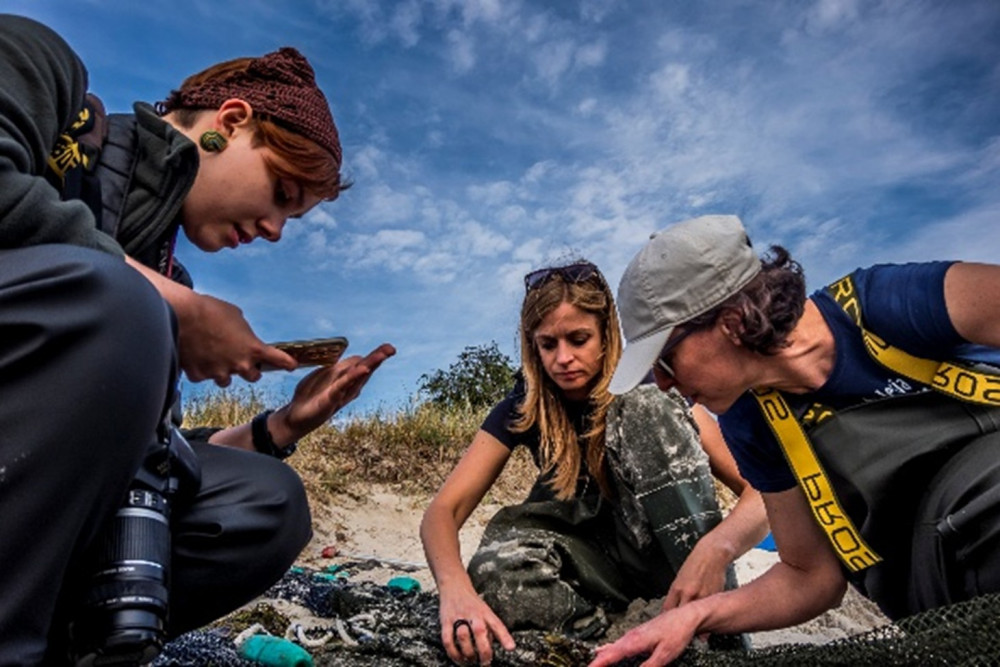
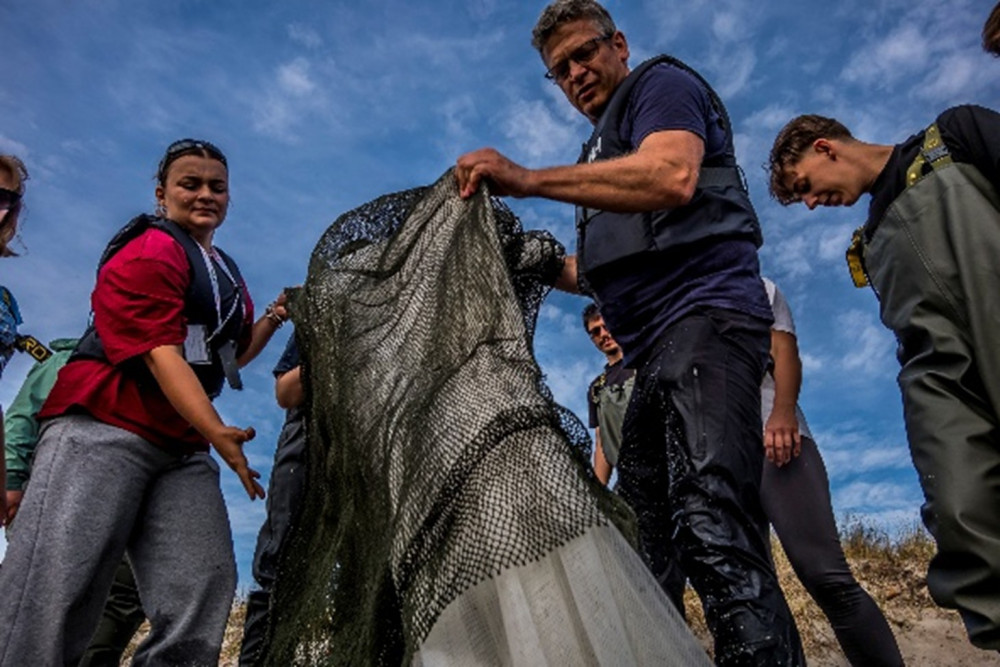
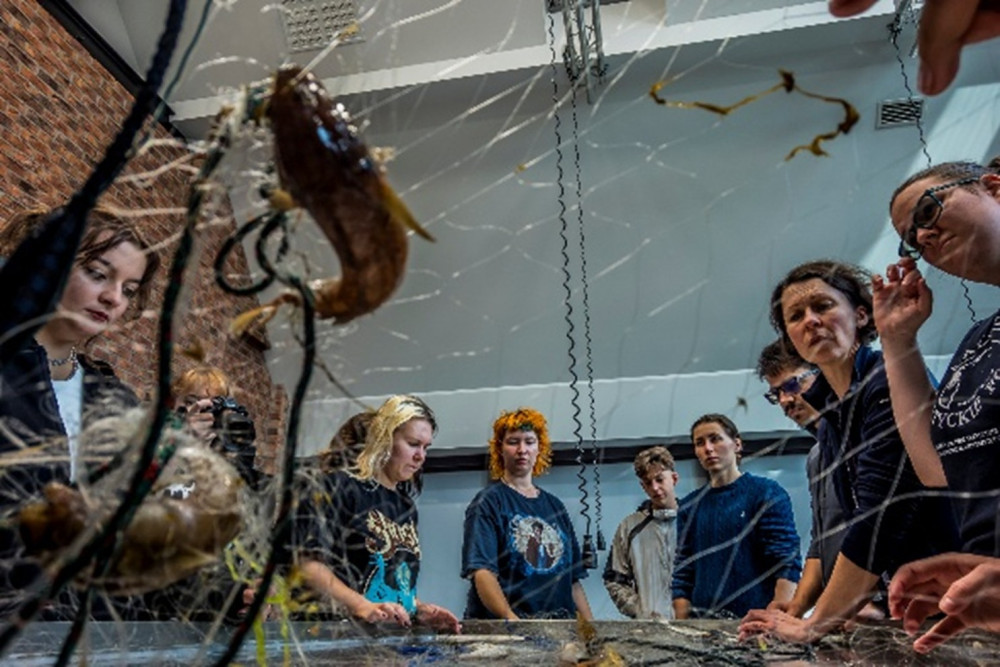
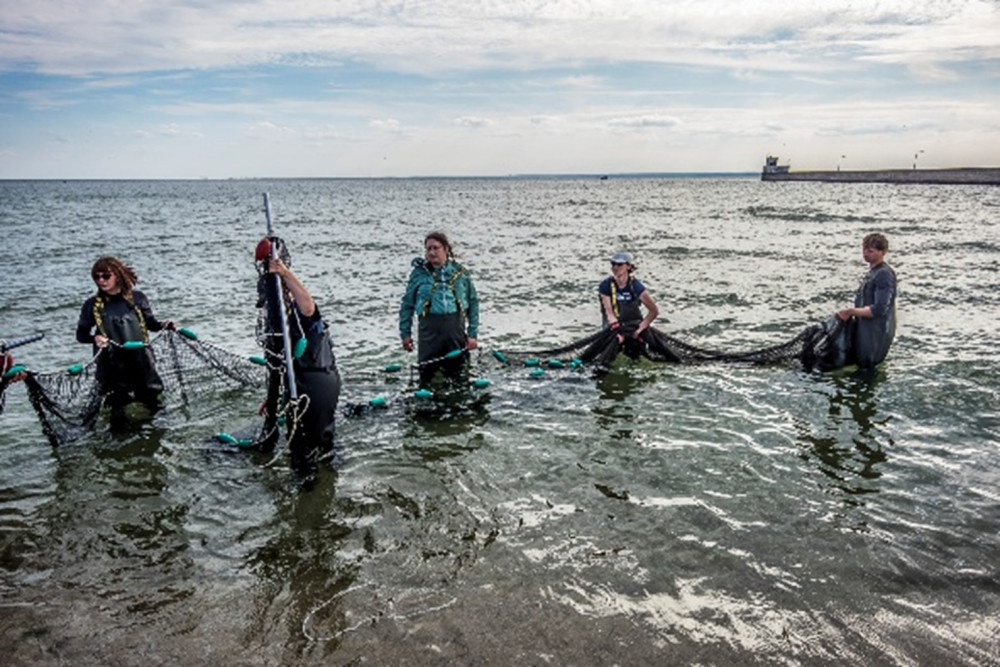
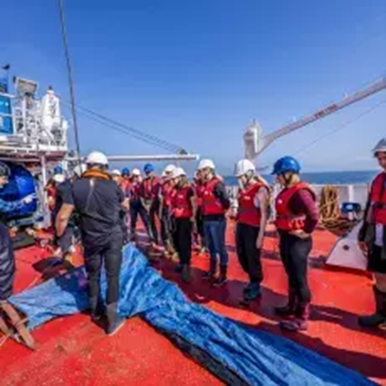
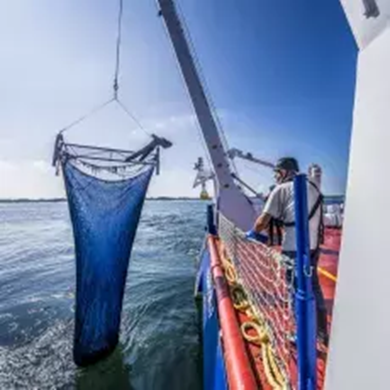
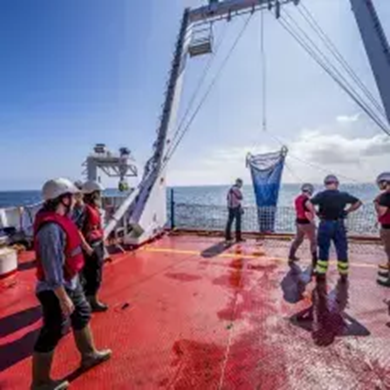
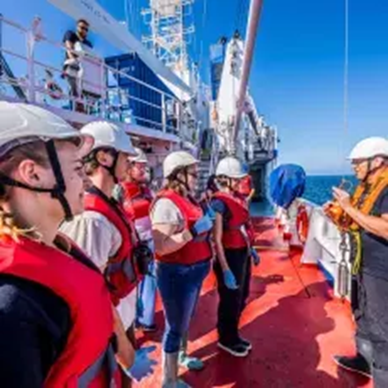
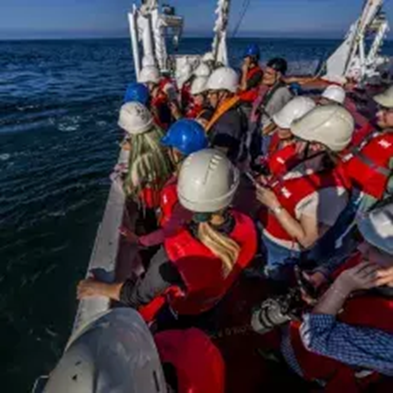
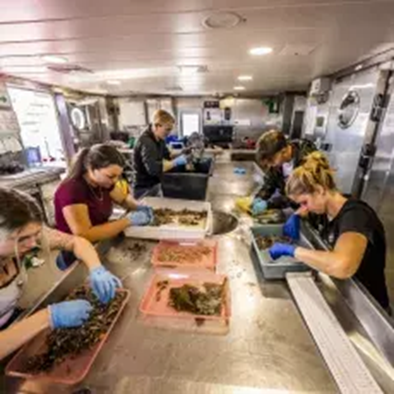
Fot. and copyright: A. Adamski



